He was born Arthur John Gielgud on April 14, 1904, in South Kensington, London, to Franciszek Henryk (later Frank Henry) Gielgud, a stockbroker, and his wife, Kate Terry. His father was of Polish ancestry, with distant Lithuanian roots, while his mother was English and from an acting family. His paternal great-grandmother, Aniela (nee Wasinskiej) Aszperger, had been a Shakespearean actress in Poland, and his maternal grandmother, Kate Terry, had played Cordelia at the age of 14. Also on his mother's side, his great-uncle Fred Terry became a stage star acting the role of the Scarlet Pimpernel, and Fred's sister, Ellen Terry, the great stage actress who made her fame as Henry Irving's leading lady, was his great-aunt. (Gielgud's brother, Val Gielgud, became the head of BBC Radio in the 1950s).
Arthur John Gielgud attended Hillside prep school, where he had his first stage experience as Shakespeare's Shylock and as Humpty Dumpty, before moving on to the Westminster school in London. He often played hooky from school to attend performances of the Diaghilev Ballet. He was 17 years old when he made his debut as a professional actor at the Old Vic in 1921, playing a French herald in "Henry V." The next year, his cousin Phyllis Neilson-Terry hired him as an assistant stage manager and understudy for "The Wheel". While pursuing his stage career, he studied acting at Lady Benson's Dramatic Academy before attending the Royal Academy of Dramatic Arts (RADA) for a year. He appeared in his first motion picture in 1923 in the silent picture Who Is the Man? (1924).
Gielgud's first major role on the London stage was as Trofimov in Chekhov's "The Cherry Orchard." In 1924, he understudied Noel Coward in "The Vortex" and "The Constant Nymph," parts he subsequently took over. During the run of "The Constant Nymph", Gielgud met the actor John Perry, who had a walk-on role in Avery Hopwood's "The Golddiggers", starring Tallulah Bankhead. Gielgud and Perry fell in love, and Perry abandoned his unpromising stage career to live with Gielgud in his flat in Covent Garden. Subsequently, Gielgud joined J. B. Fagan's company that played in Oxford and in the West End, as London's commercial theater district was called.
In 1929, Lilian Baylis invited him to join the Old Vic, and he played all the major parts in repertory over the next two seasons, establishing his reputation as a great actor. It was in 1929-30 season that Gielgud first played the title role in William Shakespeare's "Hamlet", which made theatrical history as it was the first time an English actor under 40 had played the part in the West End. Blessed with what Laurence Olivier called "The Voice that Wooed the World", Gielgud revolutionized the role with the speed of his delivery. Developing his interpretation of Hamlet in subsequent performance over the years, he would generally be accorded the greatest Hamlet of his generation and of the 20th century, his facility with the part rivaled only on stage by John Barrymore . But it was his 1929-30 Hamlet and his performance in the title role of Shakespeare's "Richard II", another role he made his own, that earned him the reputation as the premier Shakespearean actor in England.
Inspired by Gielgud's performances, a woman wrote, under the pseudonym Gordon Daviot, the play "Richard of Bordeaux" specifically for him, and he starred in and directed the play. "Richard of Bordeaux" was a box-office smash and made him a celebrity. This huge financial success of the play meant that Gielgud could stage classics in the West End. An innovator, Gielgud pioneered the theater company system. He also encouraged a new generation of actors, including Laurence Olivier, Peggy Ashcroft, Edith Evans, Glen Byam Shaw, Anthony Quayle, George Devine, and Alec Guinness, who reportedly saw him in "Richard of Bordeaux" fifteen times. After World War II, Gielgud proved a mentor to a young de-mobilized R.A.F. enlisted man, Richard Jenkins, who became a star overnight in Gielgud's production of "The Lady's Not for Burning" as Richard Burton. The two remained friends for all of Burton's life, Gielgud directing Burton in his memorable 1964 New York production of "Hamlet".
Gielgud was a notorious workaholic and single-mindedly focused on his craft. Beverley Nichols related how Gielgud returned from a village in late 1939, loaded down with newspapers and a worried look. Asked whether war had finally been declared with Germany, Gielgud replied: "'Oh, I don't know anything about that, but 'Gladys Cooper' has got the most terrible reviews."
Represented by the theatrical agency H. M. Tennent, whose managing director was the famous Hugh 'Binkie' Beaumont, Gielgud lost the romantic affections of John Perry to Beaumont (they were a committed couple until Beaumont's death). During World War II, acting without Gielgud's knowledge, Beaumont obtained an exemption from military service for Gielgud, who expected to be called up, but had to content himself with being a London fire watch warden. In the post-war theater, Gielgud abandoned the romantic roles that made him a box-office star in favor of character work. He was influenced in that direction by the 25-year-old Peter Brook, who directed him in Shakespeare's "Measure for Measure." (The other great Peter, Peter Hall, who founded the Royal Shakespeare Company, and later succeeded Laurence Olivier as director of the National Theatre, directed Gielgud as Prospero in "The Tempest" in 1973, the first production he directed for the NT on the South Bank.)
He became Sir John Gielgud when he was awarded a knighthood in the Coronation Honours list of June 1953. By this time, he had begun a long-term relationship with Paul Anstee. On October 21, 1953, Gielgud was arrested in Chelsea for soliciting a homosexual act in a public lavatory. Arraigned the next morning, he pleaded guilty, apologized to the court, and was fined ten pounds sterling. He had identified himself to the police as "Arthur Gielgud, 49, a clerk, of Cowley Street Westminster." Homosexuality was proscribed by the law in the UK, and Gielgud gave his less common birth name and a phony job description in the hopes that the press would not get wind of his pinch. The police made an attempt to prevent the press from learning of the incident, but in "Evening Standard" journalist was in the court that morning, and for the early afternoon edition, the paper came out with a headline "Sir John Gielgud fined: See your doctor the moment you leave here."
Publicly humiliated, Gielgud worried about how the West End audience would react the next time he appeared on stage. Gielgud was advised not to seek work in the United States for at least four years as he likely would be being refused entry by American immigration authorities. In a letter to Lillian Gish at the time (not revealed until after his death), Gielgud told her that he perhaps should have committed suicide. While Binkie Beaumont initially favored keeping Gielgud off the boards, Gielgud's brother Val, then head of BBC Radio, threatened the homosexual Beaumont with exposure if he kept his brother away from acting. A conference of his friends was called by Beaumont to determine how to best handle the crisis as Gielgud was scheduled to open in N. C. Hunter's play "A Day at the Sea" in the West End, which he was also directing. The "war council" included Laurence Olivier, his wife Vivien Leigh, Ralph Richardson, and Glen Byam Shaw, who was running the Shakespeare Memorial Theatre at Stratford-Upon-Avon. Only Olivier counseled him to postpone the play; the rest urged him to carry on. Gielgud heeded the advice of the majority, and went ahead with the production. Upon entering the stage the first night, the house was brought down by a standing ovation.
Outside the theater, the press whipped up a public backlash over the "homosexual menace." There were fears among the theater's gay community that there would be a police crackdown, leading choreographer Frederick Ashton to say of Gielgud, "He's ruined it for us all." So afraid was his lover Paul Anstee, that he burned all his letters. Gielgud's official biographer, Sheridan Morley, who withheld publication of his authorized biography until after Gielgud's death so as not to broach the subject of the arrest and Gielgud's sexuality during his lifetime, believes that the Gielgud arrest and brouhaha in the press likely were part of an organized campaign against homosexuality that had been festering in Britain since just before World War II.
By the mid-1950s, the traditional English stage was stagnating, as susceptible to an insurrection as the theater had been in the 1930s, when Gielgud's acting and direction had overthrown the old order. Gielgud's 1955 go at Shakespeare's "King Lear" was a failure, and his style of acting went out of fashion after the kitchen-sink theatrical revolution heralded by the Royal Court's May 1956 staging of John Osborne's "Look Back in Anger". Unlike Olivier, who reinvented himself with his characterization of Archie Rice in Osborne's The Entertainer (directed by kitchen-sink stalwart Tony Richardson), an era of rebellion against the cultural Establishment was at hand, which rendered the current lions of the stage passé. It was a new world in which Gielgud felt he had no place.
Gielgud stuck to what he knew. He created a solo recital of Shakespearean excerpts called "The Ages of Man" for the 1957 Edinburgh Festival. The recital proved extremely popular, and he toured with the show for a decade, winning a special Tony Award in 1958 for his staging of the show on Broadway. In the 1960s, he had a notable failure with his "Othello," and he was not a success in Peter Brook's 1968 staging of "Oedipus", two roles that Olivier had excelled in. Laurence Olivier, once his acolyte, was by this time considered the greatest actor in the English language, if not the world. He would become the first actor ennobled when he became Lord Olivier of Brighton in 1970. Gielgud, in contrast, had seemed, like their contemporary Ralph Richardson, to be old-fashioned and behind the times.
He was nominated for a Tony as Julian in Edward Albee's willfully obscure "Tiny Alice" in 1965, but Gielgud did not truly begin to transform himself into a contemporary actor until his appearances in Tony Richardson's 1967 film The Charge of the Light Brigade (1968) and in Alan Bennett's 1968 play "40 Years On...." He continued to revitalize his reputation in 1970, when he appeared in David Storey's "Home," and in 1976, when he appeared in Harold Pinter's "No Man's Land." Along with his reclaimed reputation came an appointment as a Companion of Honour in 1977. His career renaissance was ratified by the winning of an Academy Award for Best Supporting Actor for the film Arthur (1981) in 1981.
Although he had appeared in approximately 80 films, his supercilious character did not make him a popular movie actor, or a particularly distinguished one, aside from his brilliant turn as Cassius in the film adaptation of Julius Caesar (1953) and his gem of a cameo as Clarence in Olivier's Richard III (1955). His genius remained reserved for the stage. (He had even turned down a film offer in the mid-1930s from Alexander Korda to film his great Hamlet.) As The Times eulogized after his death, "To a unique degree his greatest performances coincided with the greatest plays."
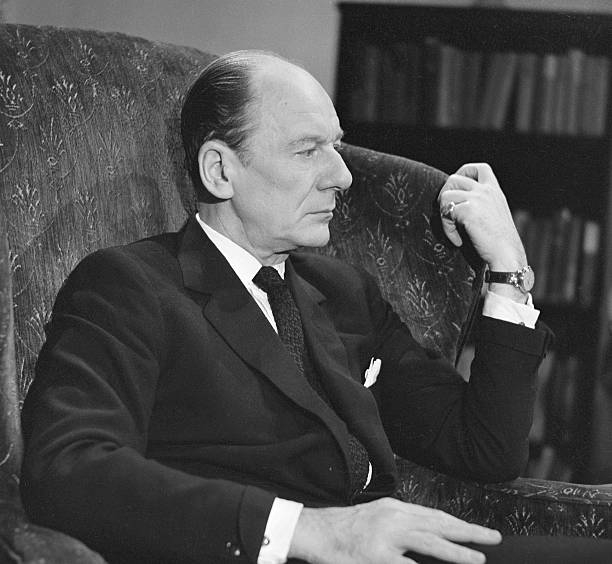
 Amanda S. Stevenson
Amanda S. Stevenson 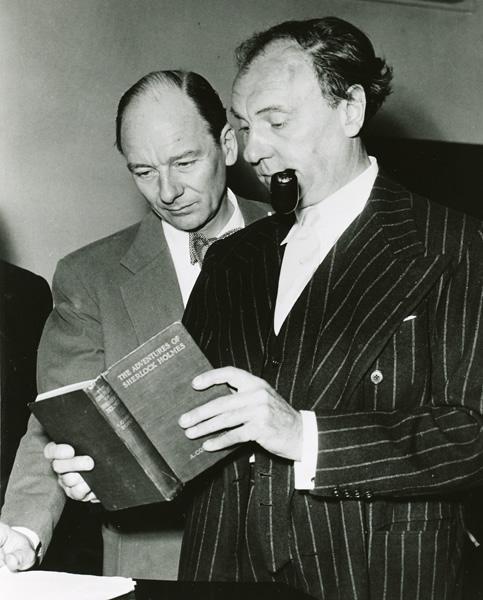
 Amanda S. Stevenson
Amanda S. Stevenson 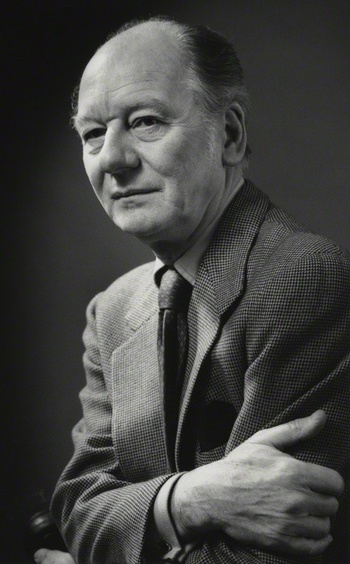
 Amanda S. Stevenson
Amanda S. Stevenson 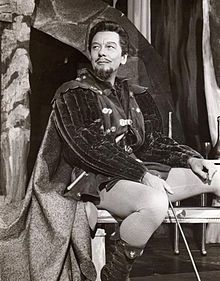
 Amanda S. Stevenson
Amanda S. Stevenson 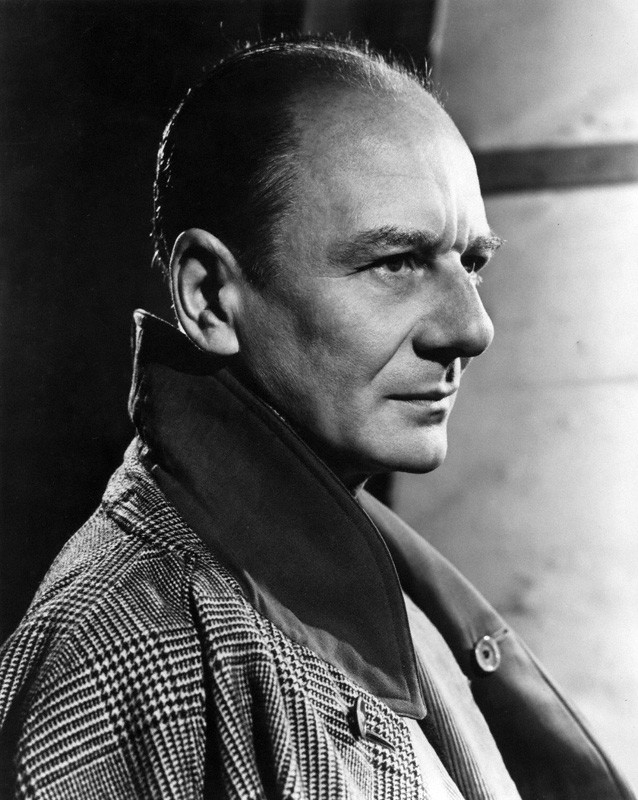
 Amanda S. Stevenson
Amanda S. Stevenson 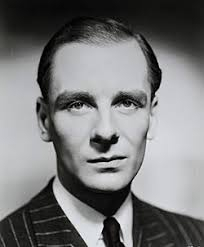
 Amanda S. Stevenson
Amanda S. Stevenson 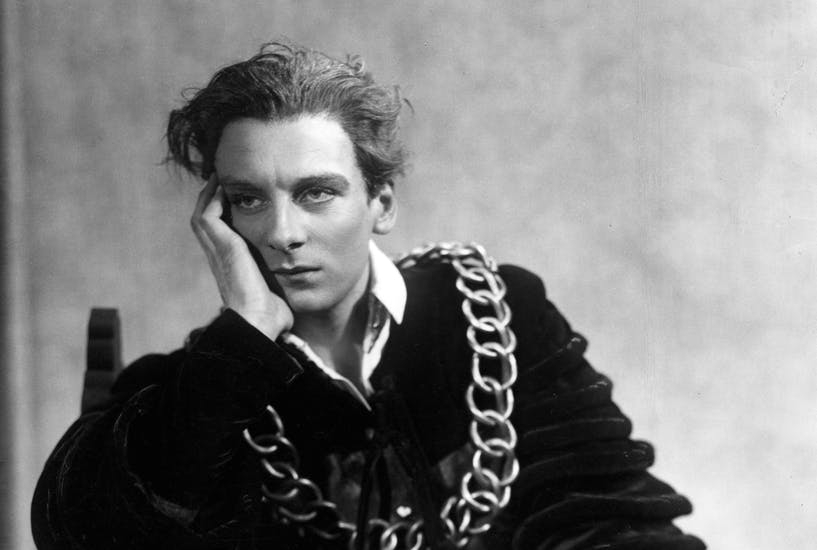
 Amanda S. Stevenson
Amanda S. Stevenson 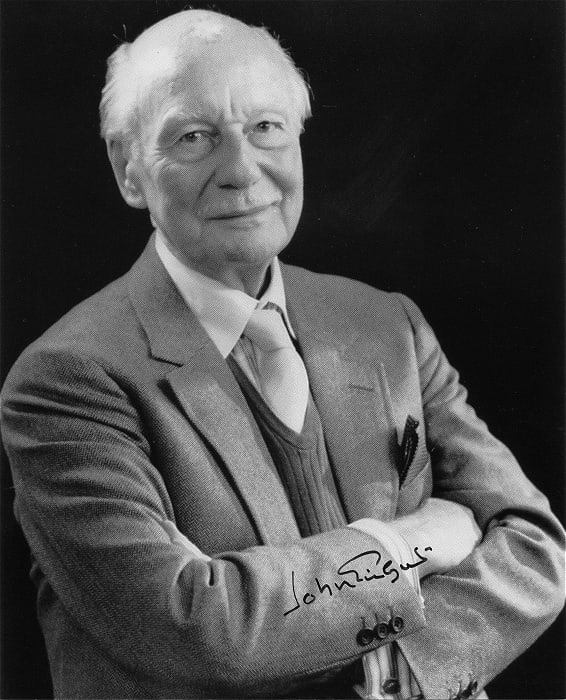
 Amanda S. Stevenson
Amanda S. Stevenson 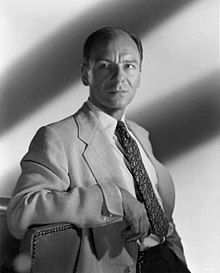
 Amanda S. Stevenson
Amanda S. Stevenson 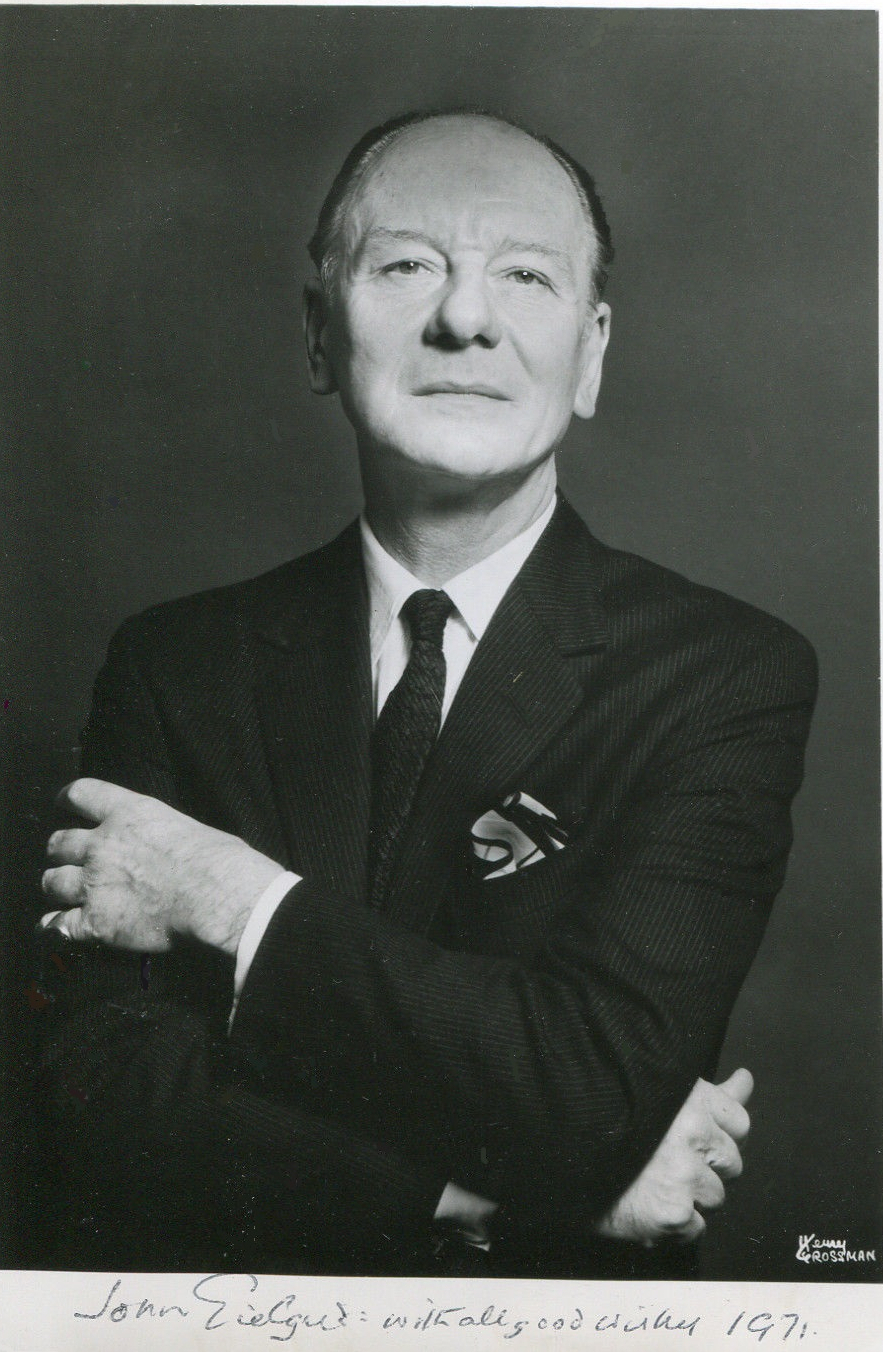
 Amanda S. Stevenson
Amanda S. Stevenson 